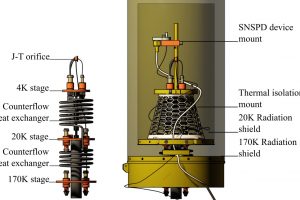The team, Led by Dr Ravinder Dahiya have produced large-area graphene around 100 times cheaper than ever before.
Graphene is often produced by CVD. The Glasgow/Bilkent research team used a similar process to create high-quality graphene across the surface of commercially-available copper foils of the type often used as the negative electrodes in lithium-ion batteries. The ultra-smooth surface of the copper provided an excellent bed for the graphene to form upon.
They found that the graphene they produced offered a stark improvement in the electrical and optical performance of transistors which they made compared to similar materials produced from the older process.
“The commercially-available copper we used in our process retails for around one dollar per square metre, compared to around $115 for a similar amount of the copper currently used in graphene production,” says Dahiya, “this more expensive form of copper often required preparation before it can be used, adding further to the cost of the process. Our process produces high-quality graphene at low cost, taking us one step closer to creating affordable new electronic devices with a wide range of applications, from the smart cities of the future to mobile healthcare.”
Prosthetics is a particular specialisation of Dr Dahiya and is seen as a suitable application for the technology.
 Electronics Weekly Electronics Design & Components Tech News
Electronics Weekly Electronics Design & Components Tech News




